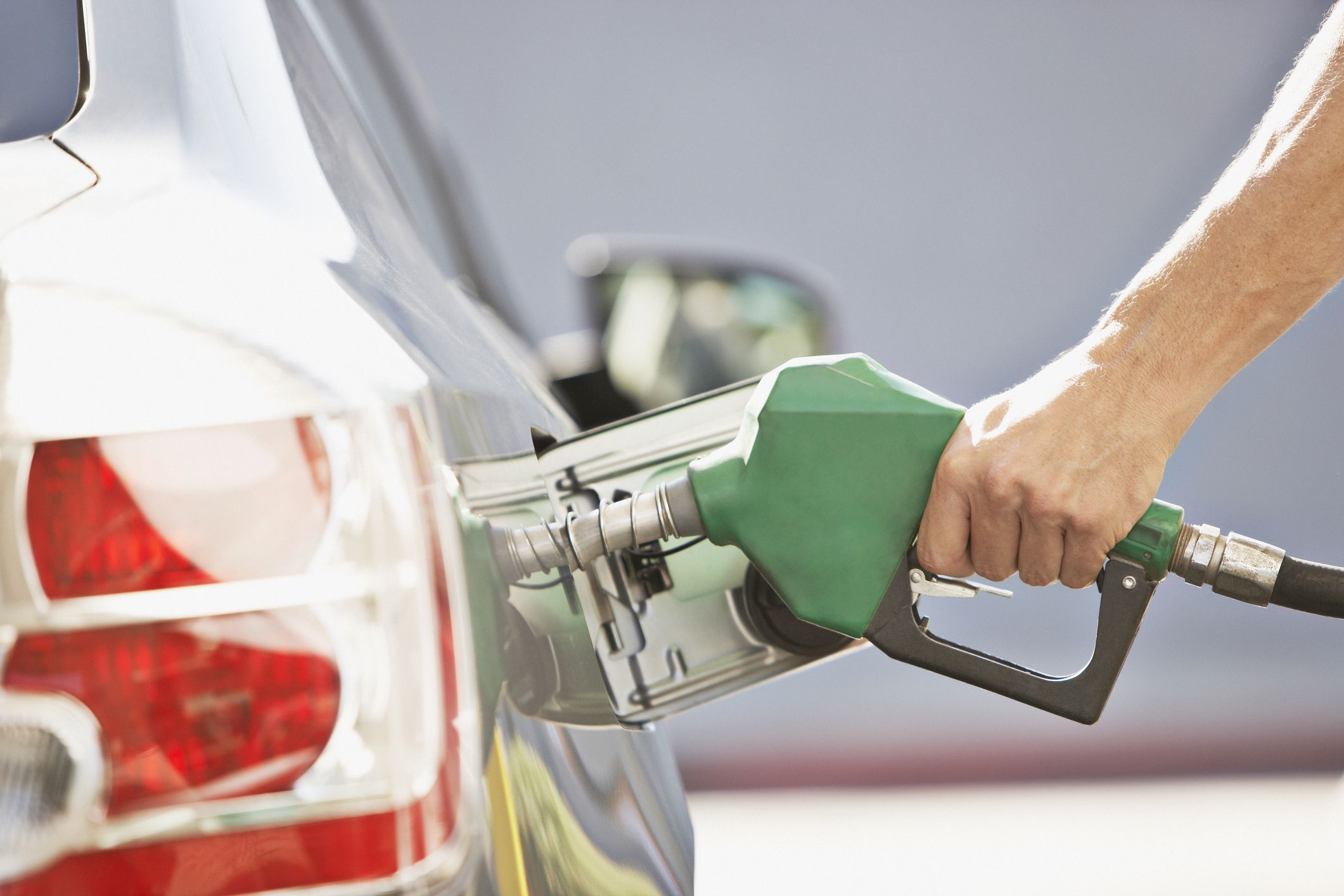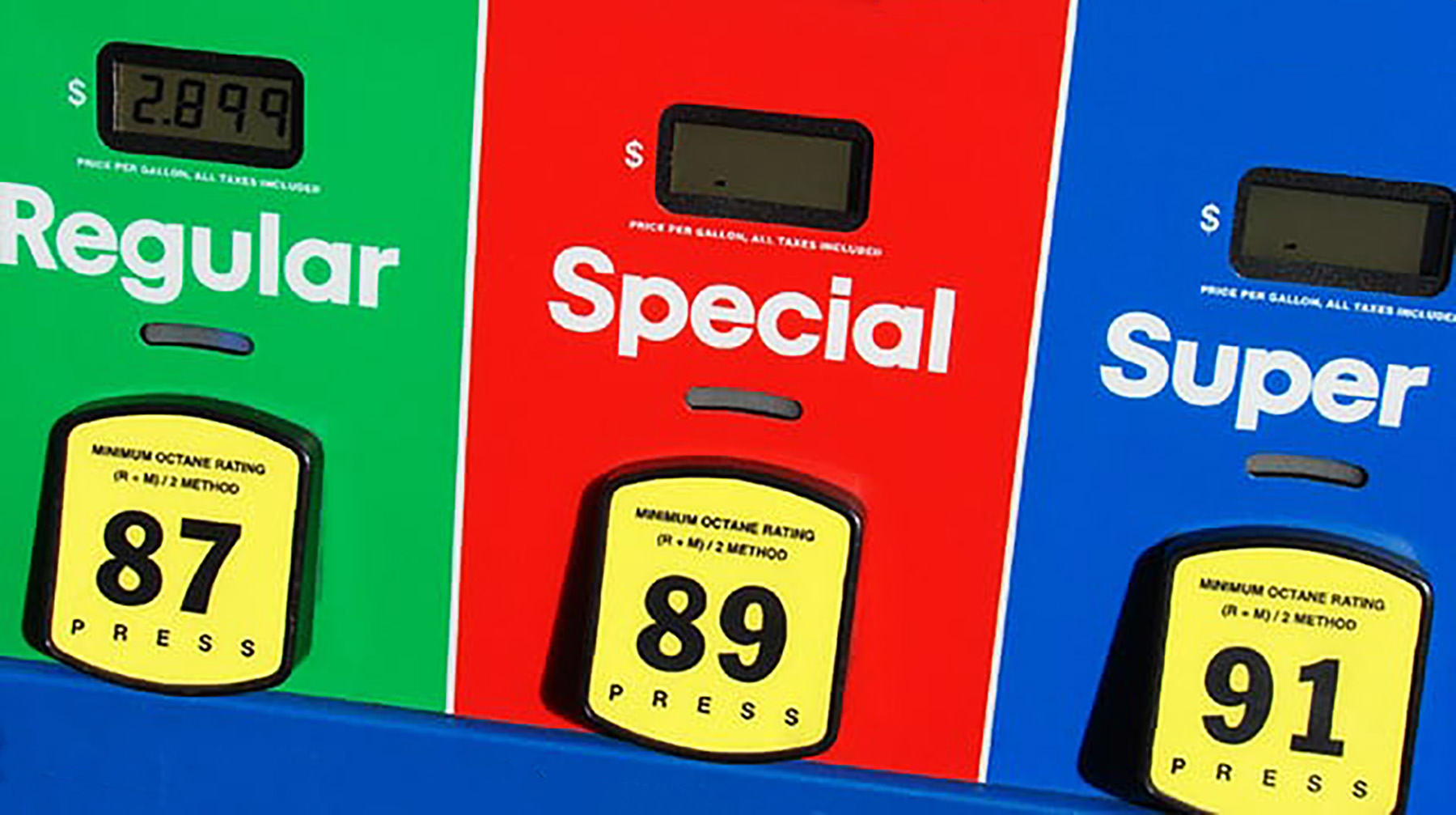
What If I Put Regular Gas Instead of Premium?
As a seasoned automotive enthusiast, I’ve witnessed firsthand the occasional mishap where individuals inadvertently fill their premium fuel-requiring vehicles with regular gas. I’ve experienced this myself, sparking a curiosity about the consequences of such an act. This article aims to delve into this topic, exploring its potential ramifications and providing valuable insights.
Imagine yourself at the gas station, distracted or in a hurry, accidentally pouring regular gasoline into your prized possession that mandates premium fuel. The initial shock may leave you wondering about the possible outcomes. Fear not, my friend, for I shall shed light on this matter, alleviating any unease.
The Disparity between Regular and Premium Gasoline
To grasp the implications of using regular gas in a premium-rated engine, it’s crucial to understand the distinctions between the two fuel types. Regular gasoline typically has an octane rating of 87, while premium gasoline boasts a higher octane rating, usually 91 or 93. This octane rating signifies the fuel’s resistance to pre-ignition or knocking, a phenomenon that can occur when the air-fuel mixture combusts prematurely.
Vehicles engineered for premium fuel possess engines with higher compression ratios. These engines necessitate gasoline with a higher octane rating to prevent knocking. Premium gasoline’s higher octane rating ensures it can withstand the increased compression without igniting prematurely, resulting in optimal engine performance and longevity.
Consequences of Using Regular Gas in a Premium-Rated Engine
Now that we’ve established the disparity between regular and premium gasoline, let’s examine the repercussions of using regular gas in a premium-rated engine. While it won’t cause catastrophic damage, it can lead to a series of undesirable effects.
Reduced Engine Power and Efficiency: Using regular gas in a premium-rated engine may result in a noticeable decrease in power output and fuel efficiency. The lower octane rating of regular gasoline makes it more susceptible to pre-ignition, leading to a loss of power and increased fuel consumption.
Increased Engine Knock: As mentioned earlier, regular gasoline has a lower resistance to pre-ignition. This can cause knocking, a rattling sound emanating from the engine, which can be both annoying and potentially damaging over time.
Potential Engine Damage: Persistent knocking, if left unchecked, can lead to more severe engine problems. The excessive heat and pressure generated by pre-ignition can damage pistons, valves, and other engine components.
Reduced Emissions Control: Premium gasoline often contains detergents and additives designed to minimize emissions. Using regular gas can compromise the effectiveness of these additives, leading to higher emissions.
Voided Warranty: Some vehicle manufacturers may void the warranty if they detect the use of regular gas in a premium-rated engine. Always consult your vehicle’s owner’s manual for specific guidelines.
Precautionary Measures
To avoid the aforementioned consequences, it’s imperative to adhere to the fuel recommendations outlined in your vehicle’s owner’s manual. If you accidentally filled your premium-rated vehicle with regular gas, don’t panic. While it’s not ideal, it’s unlikely to cause immediate harm.
However, it’s advisable to take the following steps:
Drive Cautiously: Avoid aggressive driving or heavy loads until you can rectify the situation.
Fill Up with Premium Gasoline ASAP: As soon as possible, fill your tank with premium gasoline to dilute the regular gas and restore optimal engine performance.
Monitor Engine Performance: Pay attention to any unusual sounds or changes in engine behavior. If you notice any problems, consult a qualified mechanic promptly.
Expert Advice
To complement the information provided above, I consulted with automotive experts and gathered their insights on this topic.
Lucas, a certified mechanic, emphasizes: “Using regular gas in a premium-rated engine may not cause immediate damage, but prolonged use can lead to detrimental effects on engine components and performance.”
Sarah, an automotive engineer, advises: “It’s important to use the fuel type specified in your vehicle’s owner’s manual. Premium gasoline is formulated to meet the specific requirements of high-performance engines.”
FAQs
Q: Can I use regular gas in my premium-rated car once?
A: While it’s not recommended, using regular gas once may not cause significant harm. However, it’s crucial to fill up with premium gasoline as soon as possible.
Q: What happens if I continue using regular gas in my premium-rated car?
A: Prolonged use of regular gas in a premium-rated engine can lead to reduced power, increased knocking, potential engine damage, and compromised emissions control.
Q: Is it okay to mix regular and premium gas?
A: Mixing regular and premium gas is not recommended. While it may dilute the regular gas and reduce the risk of knocking, it’s still not an ideal solution. Always refer to your vehicle’s owner’s manual for fuel recommendations.
Conclusion
Understanding the consequences of using regular gas in a premium-rated engine is essential for maintaining the health and longevity of your vehicle. While an occasional mishap may not cause immediate problems, prolonged use can lead to detrimental effects on engine performance and components. By adhering to the fuel recommendations specified in your vehicle’s owner’s manual and following the precautionary measures outlined above, you can ensure optimal engine function and avoid costly repairs.
If you have any further questions or concerns, don’t hesitate to seek advice from qualified mechanics or automotive experts. Stay tuned for more informative articles on automotive-related topics. Are you interested in learning more about fuel efficiency or other automotive maintenance tips? Let us know in the comments below!

Image: www.freepik.com

Image: blog.consumerguide.com
If My Car Recommends Regular Gas, Is It Good to Use Premium Occasionally? | Cars.com Jan 11, 2024If you put regular gas instead of premium, you may experience a couple of problems. These are including reduced engine performance, lower fuel efficiency, and increased emissions. This is because regular gas has a lower octane rating than premium gas, which means it is more prone to knocking or detonation.